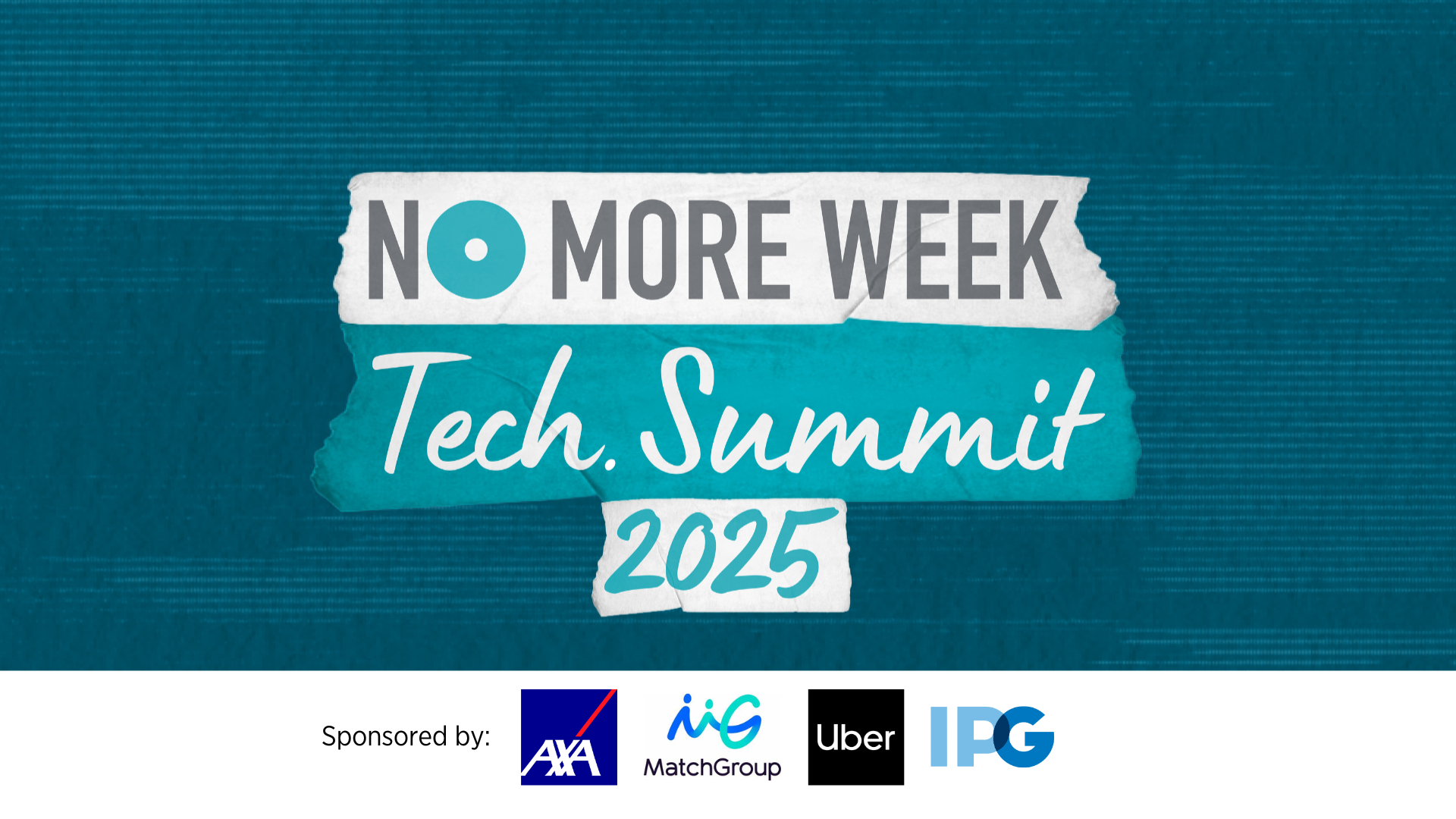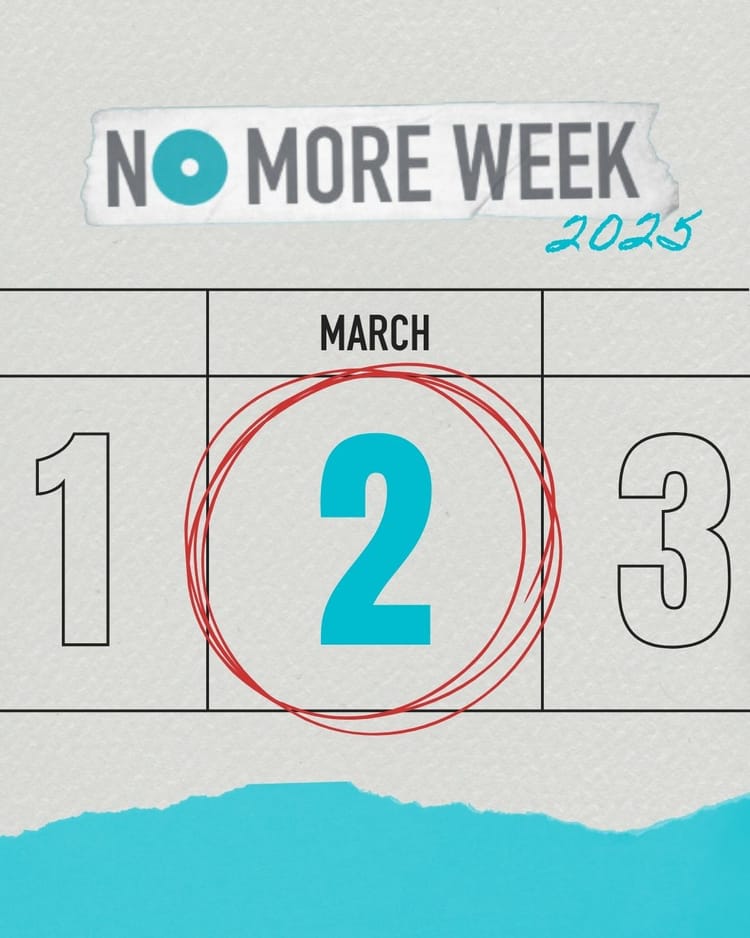Online Misogyny: A Digital Threat

In recent years, online misogyny has emerged as a widespread issue posing significant challenges for women and girls worldwide. Recent studies reveal the alarming scale of this trend: one analysis of 1.5 million tweets over a three-week period uncovered 200,000 cases of misogynistic abuse. Another estimated that nearly half of women have been on the receiving end of sexist or misogynistic comments online. Young women are especially affected, with one in three reporting that they have experienced online abuse. This epidemic doesn’t just live in the digital space – it is also a catalyst for real-world harm.
The Digital Manifestation of Gender Discrimination
While online platforms can offer incredible opportunities for connection and expression, they have also become spaces where harmful ideologies can thrive unchecked. The rise of online misogyny is among these challenges, and encompasses a range of behaviors including derogatory comments, threats, and harassment directed at women based on their gender.
These behaviors diminish the safety of digital spaces for women, restricting their ability to express themselves freely and participate in online discourse. But the impacts of this abuse also extend far beyond the screen.
Of the women who reported experiencing online misogynistic abuse, 27% had been threatened with sexual or physical violence. Online abuse can also have a negative impact on mental health: 55% of women report experiencing anxiety, stress, or panic attacks as a result of online abuse, while many others suffer from psychological impacts like loss of self-esteem and a sense of powerlessness.
The Cycle of Normalization
Online misogyny reflects and reinforces offline inequalities, normalizing a culture of disrespect and violence toward women. What starts as a disparaging comment online can escalate into serious real-world dangers, including stalking, threats, and physical or sexual violence. Left unchallenged, online misogyny makes it increasingly difficult to address and counter gender-based abuse both on and offline.
Taking Action Against Digital Abuse
Tackling online misogyny will require collective commitment. We must work together to understand how online abuse facilitates broader violence and take decisive steps to confront it. Educating ourselves and others is a crucial first step in breaking this destructive cycle.

To learn more about the intersections of technology and abuse, join us on March 4, 2025, for the NO MORE Week Tech Summit. This free, online event will feature expert panels exploring the most pressing issues transforming the landscape of abuse and offering actionable solutions to create safer digital spaces. Together, we can say “NO MORE” to tech-facilitated abuse and build a future where everyone can thrive, free from harm.
Let’s go beyond awareness – let’s create change.
Together We Can End Domestic and Sexual Violence






